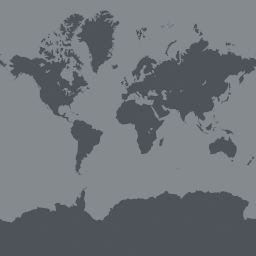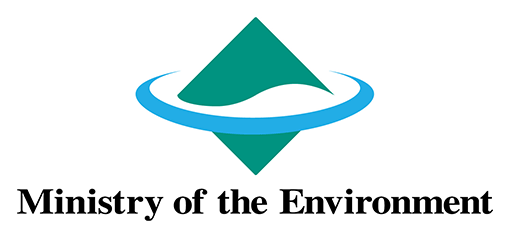This project seeks to mobilize specimen data from the research and teaching collections of the University of the Philippines Los Baños (UPLBP), Museum of Natural History, holding more than 600,000 specimens, most of which are undigitized.
Located on Luzon, the largest of the Philippine islands, the musuem's collection of specimens primarily represent the biological divesity of the island itself. While the oldest collections date back to the 1930s, most of those specimens were destroyed during World War II. Filipino biologists began rebuilding the reference collections from mid-1950s until the institutionalization of museum in 1976.
The project team is partnering with GBIF participant ASEAN Centre for Biodiversity for data entry, management, and cleaning training, with the goal of contributing four datasets of about 5,000 specimen records from Luzon across the entomology, botany, zoology and microbiology sections.
To leverage the project further, the team will hold a training workshop to share experiences and expertise in databasing and mobilizing natural history collections, inviting students at UPLB and other state universities and institutions with existing natural history collections or on-going biodiversity monitoring projects.
Project progress
The project kicked off with an online levelling-off and planning workshop, in which the project was formally introduced to all stakeholders. During implementation the project held a couple of data digitization and mobilization workshops with the help of the partner in the ASEAN Centre for Biodiversity and in September 2021 showcased the partial results of the project. All events were recorded and are linked via the individual events listed here.
In addition to these activities, the project lead also attended the digitization workshop held July 2020 and was awarded a basic digitization badge.
By final reporting the project published to GBIF four datasets with different taxonomic coverage, with a total of 5,811 occurrence records, of which 95% were georeferenced albeit having a great range of uncertainty.
Due to the COVID-19 pandemic and other reasons encountered by the project, many adjustments had to be made to the project’s implementation. Some of these caused a lot of delays and resulted in not all the planned activities and deliverables being met by final reporting. Post-project it is envisaged by the team to continue project promotional activities through the follow-up BIFA project.


